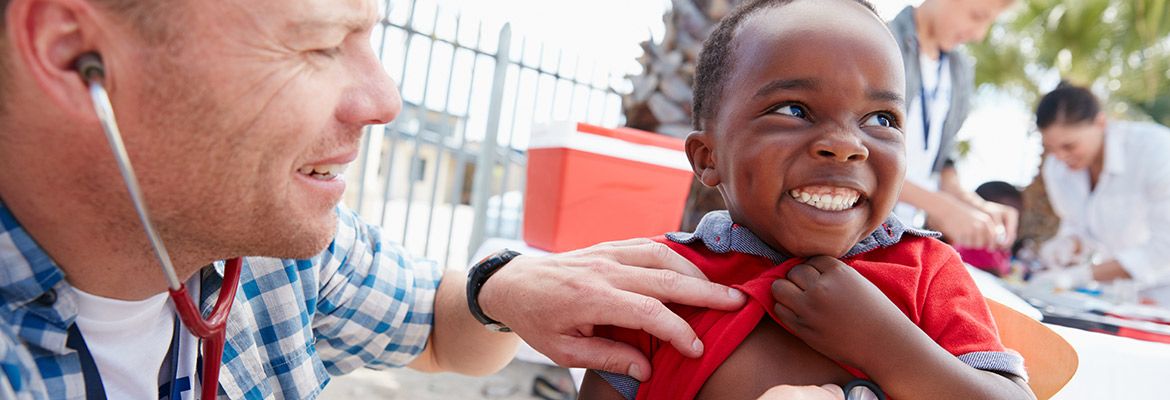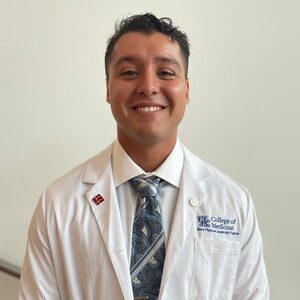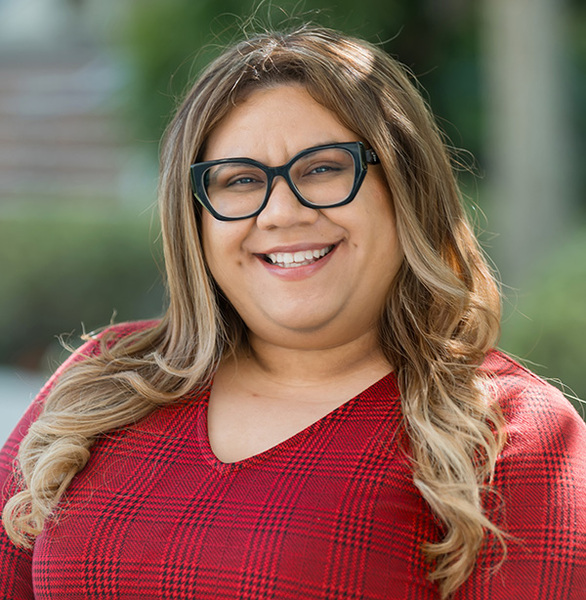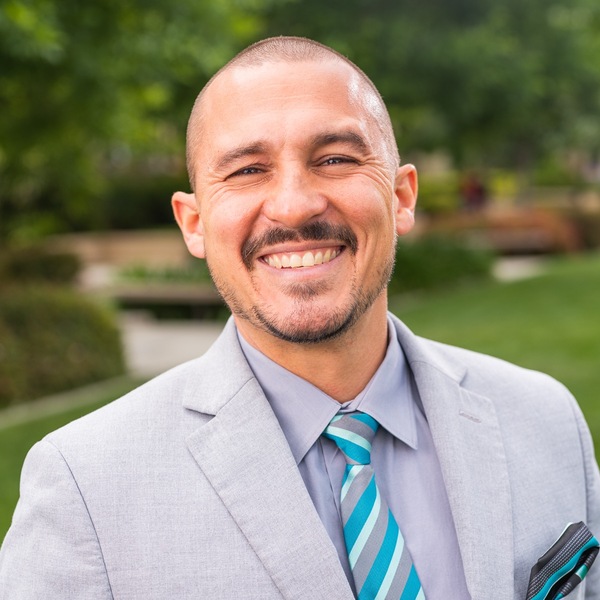Master of Public Health
Overview
Become an ethical leader in public health through the Master of Public Health (MPH) program at Biola University. The MPH program offers two concentrations — global health and epidemiology.
With an MPH being the most widely recognized professional credential for leadership in public health, you'll be equipped for a career in health education, global health, environmental health, epidemiology and health services administration in both private organizations and government health departments.
As an MPH student at Biola, you'll apply the concepts and theories learned in the classroom to real-life health situations working with field preceptors and public health faculty advisors. You'll also be mentored by our experienced and caring faculty members, while building your professional network through internship opportunities in various communities and countries. Biola's Master of Public Health program will prepare you with integrative experiences, community-based practicums and clinically oriented research opportunities to become a well-rounded public health agent of change.
Biola's public health master's program offers several key advantages:
- Public health integrated with biblical perspective. Students will be taught from a Christian worldview in order to be compassionate agents of change, ethical decision-makers, health educators and champions of health equality.
- Strong foundation. Students will receive rigorous instruction in all aspects of public health theory and practice in order to develop the skills needed to be life-long learners. In addition, students will integrate their education and practical experiences to effectively address public health challenges through research, publication, health promotion and service.
- Practical, hands-on preparation. Students will be prepared for impactful service as health professionals with diverse field and research experiences, and work closely with public health faculty, field preceptors and community partners.
- Flexible and accessible. The online format, with most classes lasting 7 weeks, will allow for flexibility for full-time professionals, and be accessible to students from any region of the U.S. or the world to receive an advanced public health degree.
Learn more about The Lim Center — an innovative, and inspiring space dedicated to our students pursuing careers in the sciences.
Concentrations
- EpidemiologyEpidemiology is the study of the distribution and determinants of disease and injuries, and other health states in human populations. As the fundamental science of public health practice, students learn the skills needed to address public health problems. This concentration will prepare students to work in public health services as practitioners, researchers, administrators and consultants.
- Global HealthGlobal health is the study of health of populations in the global context. It is defined as the area of study, research and practice that prioritizes promoting health and achieving equity in health for all people worldwide. This concentration will prepare students to work in public health services as health educators, health specialists and researchers.





